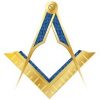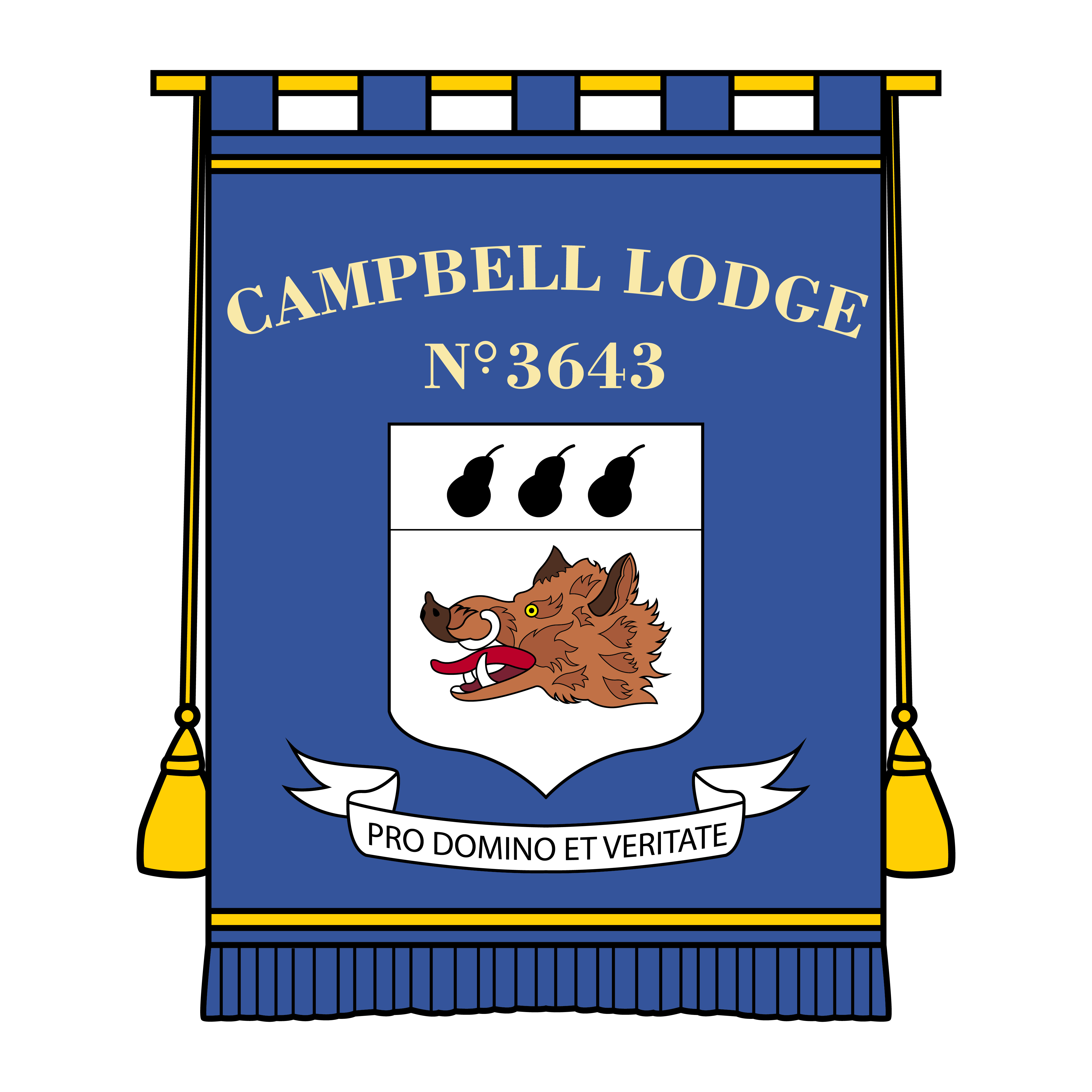

“Freemasonry is one of the oldest social and charitable organisation in the world.
Our roots lie in the traditions of the medieval stonemasons who built
our cathedrals and castles.”
Introduction:
Freemasonry is one of the world’s oldest secular fraternal societies. The United Grand Lodge of England administers all Lodges of Freemasons in England, Wales and many places overseas. Freemasonry is a society of men concerned with moral and spiritual values. Its members are taught its precepts by a series of ritual dramas, which follow ancient forms and use stonemasons’ customs and tools as allegorical guides.
The Essential Qualification for Membership:
The essential qualification for admission into, and continuing membership, is a belief in a Supreme Being. Membership is open to men of any race or religion who can fulfil this essential qualification and are of good repute.
Freemasonry and Religion:
Freemasonry is not a religion, nor is it a substitute for religion. Its essential qualification opens it up to men of many religions; and it expects them to follow their own faith. It does not allow discussion of religion at any of its meetings.
The Three Great Principles:
For many years, Freemasons have followed the three Great Principles:
| Brotherly Love Every true Freemason will show tolerance and respect for the opinions of others and behave with kindness and understanding to his fellow creatures. | Relief Freemasons are taught to practice charity, and to care, not only for their own, but also for the community as a whole, both by charitable giving, and by voluntary efforts and works as individuals. | Truth Freemasons strive for truth, requiring high moral standards and aiming to achieve them in their own lives. |
Freemasons believe that these principles represent a way of achieving higher standards in life.
Charity:
The values of Freemasonry are based on integrity, kindness, honesty, and fairness. Freemasons are taught to practise charity and to care, not only for freemasons in distress but also for the community as a whole – both by charitable giving, and by voluntary efforts and work as individuals.
From its earliest days, Freemasonry has been concerned with care of the young, the sick, the aged and others in distressed circumstances. This work continues today. In addition, large sums are given to national and local charities. Masonic charity is exercised at every level: individual Lodges make gifts and give aid to their own communities and Provinces also support large regional causes.
In Worcestershire our charitable work is carried out under the auspices of both the Worcestershire Masonic Charity Organisation (WMCO) and the Festival Fund Raising system (the festival operates 5 years out of an 11 year cycle).
Freemasonry and Society:
Freemasonry demands from its members a respect for the law of the country in which a man works and lives. Its principles do not in any way conflict with its members’ duties as citizens, but should strengthen them in fulfilling their private and public responsibilities. The use by a Freemason of his membership to promote his own or anyone else’s business, professional or personal interests is condemned, and is contrary to the conditions on which he sought admission to Freemasonry. His duty as a citizen must always prevail over any obligation to other Freemasons, and any attempt to shield a Freemason who has acted dishonourably or unlawfully is contrary to this prime duty.
Secrecy:
The secrets of Freemasonry are concerned with its traditional modes of recognition. It is not a secret society, since all members are free to acknowledge their membership and will do so in response to inquiries for respectable reasons. Its constitutions and rules are available to the public. There is no secret about any of its aims and principles. Like many other societies, it regards some of its internal affairs as private matters for its members.
Freemasonry and Politics:
English Freemasonry has no political affiliations, and, as with religious beliefs, no discussions relating to political matters are allowed in its Lodges.
How do I Join?
Taking the first step:
In the first instance, if you are interested in becoming a Freemason and you know a family member, friend or colleague who is already a Freemason, then have a chat with them. They will be able to explain some of the workings of Freemasonry and help you find a suitable lodge to join.
If you don’t know anyone who is already a member please get in touch with the membership team by completing the contact us form and they will be happy to answer any questions you may have and introduce you to a lodge which is suitable to your work / home life situation.
